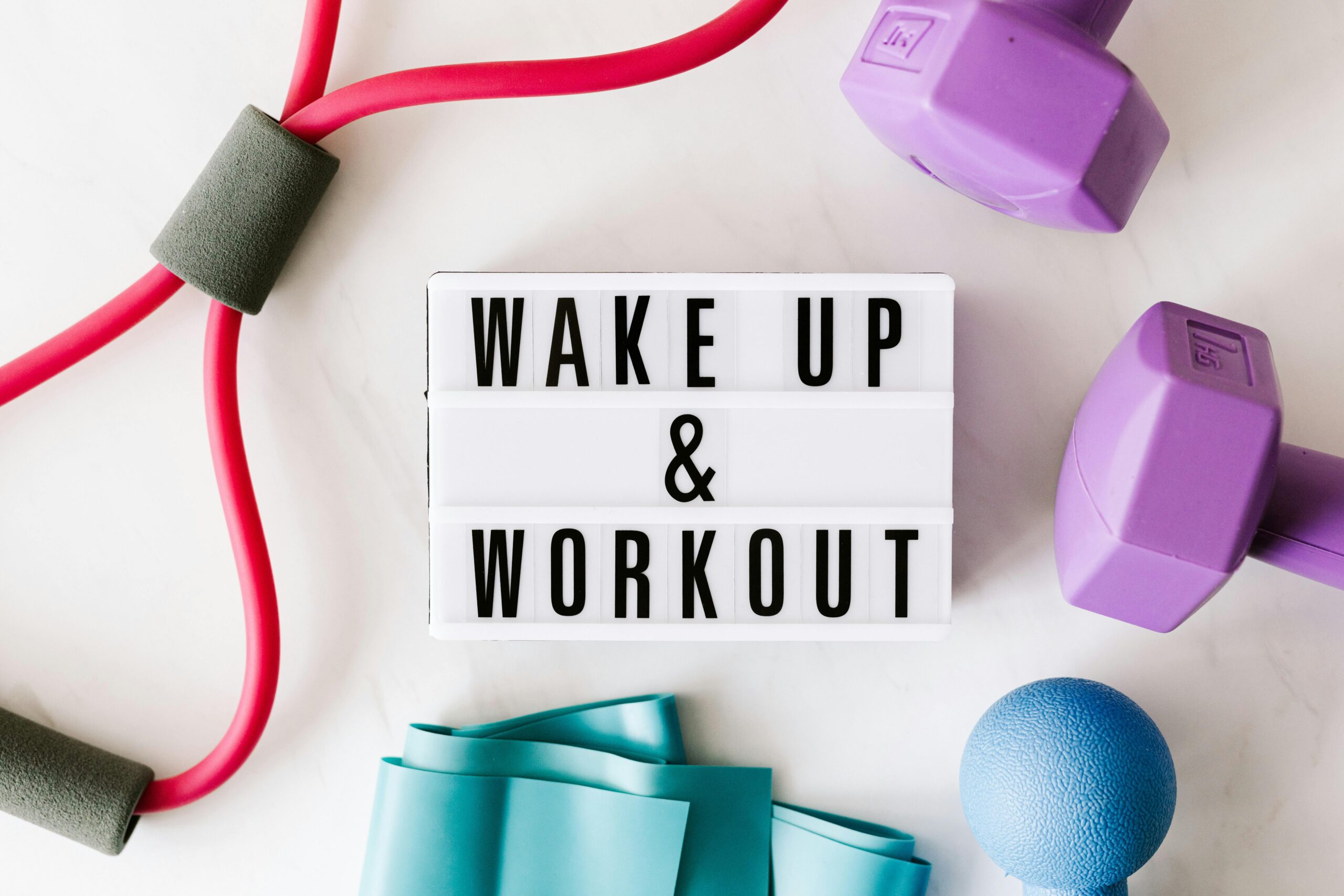7 Healthy Weight Loss Tips for Sustainable Results

Losing weight can seem hard, with so many quick fixes out there. But, lasting weight loss is about small, steady changes. If you want to lose weight in a healthy way, you’re in the right place.
We’ll look at seven tips backed by science for healthy weight loss. These tips focus on your overall health, not just losing weight fast. Let’s get started!
Why Sustainable Weight Loss Matters
Why is lasting weight loss important? Crash diets and extreme workouts might lose weight quickly. But, they’re hard to keep up and can lead to gaining back the weight.
Sustainable weight loss means:
- Healthy habits you can keep for life.
- Balanced nutrition that feeds your body well.
- Realistic goals that keep you motivated.
- Improved overall health, not just a lower number on the scale.
By choosing a sustainable path, you’ll not only lose weight. You’ll also feel more energetic, happier, and live a better life.
7 Healthy Weight Loss Tips for Sustainable Results
1. Focus on Whole, Nutrient-Dense Foods
Eating whole, nutrient-rich foods is a great way to lose weight. These foods are full of vitamins, minerals, and fiber. They keep you full and satisfied.
What to Eat:
- Vegetables: Leafy greens, broccoli, carrots, and bell peppers.
- Fruits: Berries, apples, oranges, and bananas.
- Lean Proteins: Chicken, turkey, fish, tofu, and legumes.
- Whole Grains: Quinoa, brown rice, oats, and whole-wheat bread.
- Healthy Fats: Avocados, nuts, seeds, and olive oil.
Why It Works:
Whole foods have fewer calories and more nutrients than processed foods. They also help control blood sugar, reducing cravings and overeating.
2. Practice Portion Control
Even healthy foods can cause weight gain if eaten in large amounts. It’s key to control portions to manage calories without feeling deprived.
Tips for Portion Control:
- Use smaller plates and bowls to feel full with less food.
- Measure servings with your hand (e.g., a fist-sized portion of carbs, a palm-sized portion of protein).
- Avoid eating straight from the package—portion out snacks into a bowl instead.
Why It Works:
Portion control lets you enjoy your favorite foods while staying within your calorie goals.
3. Stay Hydrated
Drinking enough water is key for weight loss. Sometimes, thirst can be mistaken for hunger, leading to unnecessary snacking.
How to Stay Hydrated:
- Aim for at least 8 glasses of water per day.
- Start your day with a glass of water to kickstart your metabolism.
- Drink water before meals to help control appetite.
Why It Works:
Water boosts metabolism, aids digestion, and flushes out toxins. It also keeps you feeling full, reducing the chance of overeating.
4. Incorporate Regular Physical Activity
Exercise is a key part of any weight loss plan. It burns calories and boosts mood and energy.
Types of Exercise to Try:
- Cardio: Running, cycling, swimming, or dancing.
- Strength Training: Weightlifting, resistance bands, or bodyweight exercises.
- Flexibility and Balance: Yoga or Pilates.
Why It Works:
Regular exercise burns calories, builds muscle, and improves heart health.
5. Prioritize Sleep
Sleep is key in weight loss. It helps control hunger hormones and metabolism.
Tips for Better Sleep:
- Aim for 7-9 hours of sleep per night.
- Create a bedtime routine to signal to your body that it’s time to wind down.
- Avoid screens and caffeine before bed.
Why It Works:
Poor sleep affects hunger hormones and leads to cravings for unhealthy foods.
6. Manage Stress Effectively
Chronic stress can lead to emotional eating and weight gain. Learning to manage stress is essential for sustainable weight loss.
Stress-Relief Techniques:
- Practice mindfulness or meditation.
- Engage in hobbies you enjoy, like reading or gardening.
- Exercise regularly to release endorphins.
Why It Works:
Managing stress reduces cortisol levels, a hormone linked to fat storage, specially around the abdomen.
7. Set Realistic Goals and Track Progress
Setting achievable goals and tracking your progress can keep you motivated and on track.
How to Set Goals:
- Start small, like losing 1-2 pounds per week.
- Focus on non-scale victories, such as improved energy or fitting into old clothes.
- Use a journal or app to track your food intake, exercise, and progress.
Why It Works:
Realistic goals prevent frustration and burnout, while tracking progress helps you stay accountable and celebrate your successes.ne linked to fat storage, specially around the abdomen.

Common Weight Loss Mistakes to Avoid
- Skipping Meals: This can slow your metabolism and lead to overeating later.
- Relying on Fad Diets: These are often unsustainable and can harm your health.
- Neglecting Strength Training: Muscle burns more calories than fat, so don’t skip the weights!
- Comparing Yourself to Others: Everyone’s weight loss journey is unique—focus on your own progress.
Frequently Asked Questions
1. How much weight can I expect to lose per week?
A healthy rate of weight loss is 1-2 pounds per week.
2. Do I need to cut out carbs to lose weight?
No! Carbs are an important energy source. Focus on whole, unprocessed carbs like fruits, vegetables, and whole grains.
3. Can I stil enjoy treats while losing weight?
Yes! Moderation is key. Allow yourself occasional treats to avoid feeling deprived.
4. What’s the best exercise for weight loss?
The best exercise is one you enjoy and can stick to long-term. A mix of cardio and strength training is ideal.
Final Thoughts
Sustainable weight loss is about creating healthy habits you can keep up for life. Focus on whole foods, portion control, and staying hydrated. Exercise, sleep, managing stress, and setting realistic goals are also key.
Remember, progress takes time. Be patient with yourself and celebrate every small victory. Ready to start your journey? Share this article with a friend and support each other in achieving your goals.







